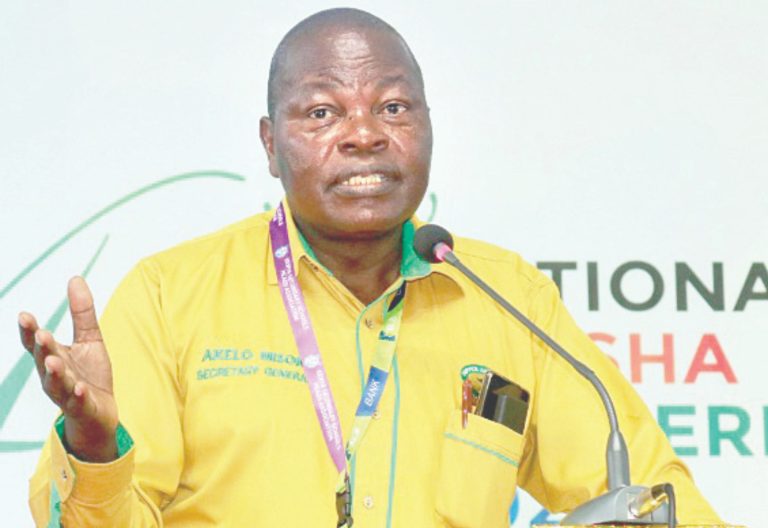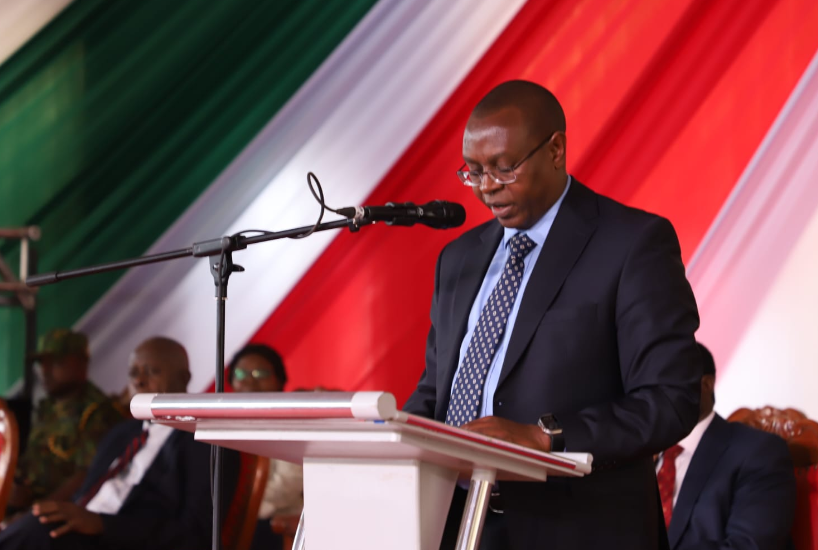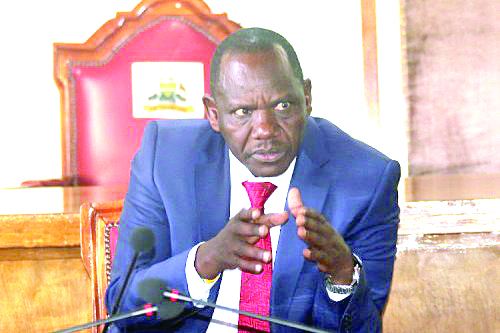Empowering women through renewable energy

The more central energy is to our lives, the more crucial it is to provide equal access and distribution for all in order to secure our country’s future.
Increasingly, accessibility is made problematic and the lack of it exacerbated by the growing poverty gap in spite of modern technological advances.
Yet, access to electricity remains one of the foremost indicators of advancement and equity in developing economies.
Ensuring economic sustainability means increasing the participation of women, mainly affected by poverty, in economic activities geared towards improving livelihoods.
However, because poverty is gendered, it means that currently the reality is that men and women do not have equal access to energy.
The division of labour, which is also gendered, is a major contributor to the energy poverty because of historical perception of women’s labour and contribution to the economy vis-a-vis that of men.
Kenya, is one of the countries in Africa that have shown leadership in embracing renewable energy and dedicating substantial resources to finding sustainable energy solutions.
We have seen deliberate efforts to encourage investment in renewable energy development for instance, by formulating a feed-in-tariffs policy for independent power production in clean energy.
But how do we ensure equitable distribution of renewable energy once we increase production?
How do we use renewable energy as a vehicle for equitable growth? By focusing on women’s access and consumption of it.
According to the United Nations, women spend an approximate 14 hours a day on both economic and domestic tasks.
On average, they take up to 53 per cent of the total burden of work in developing economies.
This is more evident in rural areas where women will spend their long hours tending to their families both as bread winners and caretakers.
Giving these women access to energy, through renewable energy, means preserving their human capital and consequently improving the quality of their lives.
A 2013 World Bank study showed that 80 per cent of farmers in Kenya are women and a good number are either the bread-earners or contribute significantly to the well-being of their families through farming activities.
However, agri-business has over the years faced a lot of challenges especially with harsh weather and unpredictable weather conditions, high cost of input and transport as well as high cost of energy.
This has negatively impacted the land and labour in agriculture and for women especially, the possibility of earning substantial incomes through farming.
The introduction of renewable energy solutions, however, has come as a relief for some of them.
Not only is it more affordable, but it offers a way for them to mechanise some farming activities that are laborious and lengthy.
Improving their accessibility to low cost energy also means increasing the efficiency and quality of production, which positively impacts on the direct income to these women and their households.
If women are able to participate in the growth and expansion of their own businesses, they gain control of their means of production.
A sizeable population will, therefore, experience improved livelihoods and poverty levels will be reduced.
The only sure way to do this is to provide a thriving environment for women to engage in enterprise and social development – in which energy plays a substantial role.
The Kenya Association of Manufacturers, through its Centre for Energy Efficiency and Conservation, has developed renewable energy policies that are being implemented by counties to increase county revenue.
As a matter of fact, fair resource distribution and development of domestic solutions for our citizens as envisioned by devolved system of government, will be possible if we allow women’s participation to flourish and increase through provision of key factors such as renewable energy. — The writer is CEO of Kenya Association of Manufacturers —[email protected].















